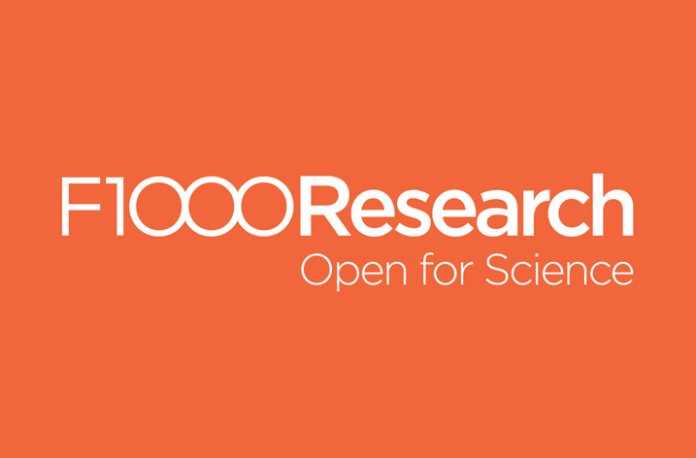
F1000 Research Ltd and Wellcome Open Research and have today announced the introduction of a new policy which enables transgender scholars to change their name on publications.
Historically, researchers who had transitioned to their true gender identity and legally changed their name had no clear, simple or standardised way of changing the name used on previous publications. This could cause issues in not having their publication record correctly attributed to them, but also having to disclose themselves as trans whenever these publications needed listing, e.g. on a CV or grant proposal.
Furthermore, many trans researchers have spoken about the disconnect they have with their deadname (many trans people refer to their previous name as a ‘deadname’ to highlight the distress that it can provoke) and their body of work published under it, as well as the emotional reaction and constant reminder of having to see their deadname. The difference in name is also more noticeable for researchers from countries that have gendered surnames, giving no space to have these conversations at the researchers’ own pace and on their terms.
This policy addresses this anguish by providing researchers with a simple, fair and unobtrusive workflow for name changing. Once a researcher requests a name change through the editorial office, they are required to provide identification in order to ensure that the researcher is requesting the name change for themselves. To avoid any distress this process may cause, F1000 Research is keen to work with researchers to enable them to provide identification on their own terms, for example a letter from a supervisor rather than ‘official’ documentation. Once the identification has been verified, the article will be updated online, with the DOI remaining the same. To ensure transparency, a Notice of Change will be posted, stating that a name change has occurred, without disclosing the name of the researcher. F1000 Research’s production team will be responsible for resending files to indexers to reflect the name change in databases such as PubMed, ensuring that researchers can gain credit for their work.
The policy was developed in response to a call from EDIS, a coalition of organisations working within science and health research committed to improving equality, diversity and inclusion, who asked its members to reach out to their associated publishing arms or publishers they had close relationships with to start the conversation. Wellcome Open Research and F1000 Research were the first to respond positively to creating a policy that addressed these issues. The workflow for the new policy was assessed and validated by researchers, facilitated by EDIS, who have themselves been (or are) in the complicated process of changing their names on publications, to ensure that it fits their needs.
Michael Markie, Publishing Director at F1000 Research said “F1000 Research is committed to listening to researchers and responding to their needs to create a better publishing experience. We live in a diverse world and it’s our job to be flexible and supportive in how we can best serve our community. In the digital age, it really isn’t an issue to make clear changes to authorship where necessary, so we were more than happy to collaborate with Wellcome and EDIS to make this happen”.
Lauren Couch, Head of Diversity & Inclusion, at Wellcome said: “This is an important policy, and serves as a tangible example of how collaboration and consultation can create meaningful change towards the creation of a more inclusive research environment. Earlier this year Wellcome launched its own trans inclusion policy and guidance for our staff, and it’s great to see the progress being made towards trans inclusion across the sector.”
Lilian Hunt, Programme Lead, EDIS, said: “We’re very happy to have worked collaboratively with F1000 Research and trans researchers to develop this inclusive policy. The new policy also allows authors who have changed their name due to (but not limited to) marriage, divorce or religious conversion, to be able to request that articles published under a previously used name are updated to reflect their new name. We’d now like to see more publishers take on this important step.”
F1000 Research will be rolling out the policy across all its partner platforms including Gates Open Research, HRB Open Research, AAS Open Research, Emerald Open Research, AMRC Open Research and Open Research Europe when it launches next year.





















